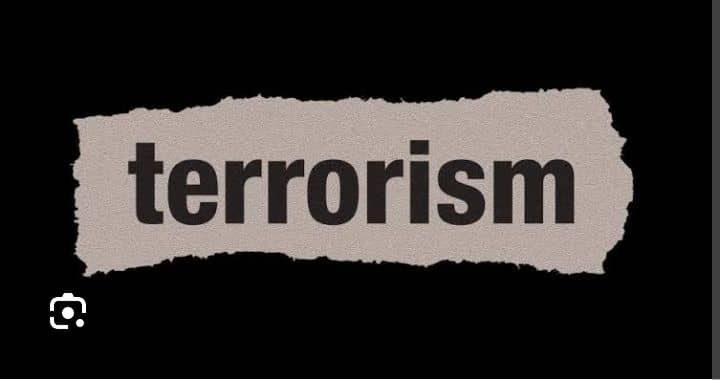Time Travel and Counter-Terrorism: A Futuristic Approach
The concept of time travel, often relegated to the realm of science fiction, may hold the key to eliminating terrorist threats. While time travel remains purely theoretical, its potential applications in counter-terrorism are undeniable. This discussion will explore the possibilities of leveraging time travel to prevent terrorist attacks in Germany and America, two nations that have faced significant threats in recent years.
The Terrorist Threat Landscape
Terrorism poses a persistent threat to global security, with extremist groups like ISIS, Al-Qaeda, and their affiliates wreaking havoc worldwide. According to the Global Terrorism Index (GTI) 2020, terrorist attacks resulted in 22,491 fatalities and 38,465 injuries globally in 2019. Germany and America have been targeted by terrorist groups, with notable attacks including the 2016 Berlin Christmas market attack (12 deaths, 56 injuries) and the 2013 Boston Marathon bombing (3 deaths, 264 injuries).
Time Travel and Predictive Analytics
Assuming the development of a functional time travel technology, it could be integrated with predictive analytics to identify potential terrorist threats. By analyzing historical data and patterns, predictive models could forecast the likelihood of terrorist attacks. Time travel would enable law enforcement agencies to gather intelligence from the future, providing actionable insights to prevent attacks. For instance, if a predictive model forecasts a high probability of a terrorist attack in Berlin, time travel could be used to gather information about the planned attack, allowing authorities to take proactive measures.
Preemptive Strikes and Deterrence
Time travel could also facilitate preemptive strikes against terrorist organizations. By gathering intelligence from the future, law enforcement agencies could identify key operatives, disrupt terrorist networks, and prevent attacks. This proactive approach would not only save lives but also deter terrorist groups from planning attacks in the first place. According to a study by the RAND Corporation, preemptive strikes can be effective in disrupting terrorist networks, with a success rate of 65% in preventing attacks.
Addressing Ethical Concerns
The use of time travel in counter-terrorism raises ethical concerns, particularly regarding the potential for disrupting the timeline or violating human rights. To mitigate these risks, it is essential to establish clear guidelines and protocols for the use of time travel in counter-terrorism operations. This could include ensuring that time travel is only used for defensive purposes, such as preventing imminent attacks, and that all operations are subject to rigorous oversight and accountability mechanisms.
Technical Challenges and Feasibility
While the concept of time travel is intriguing, its technical feasibility remains a significant challenge. The development of a functional time travel technology would require breakthroughs in fields like quantum mechanics, exotic matter, and energy production. However, if time travel were possible, it could potentially revolutionize counter-terrorism operations. According to a study by the Defense Advanced Research Projects Agency (DARPA), the development of advanced technologies, including time travel, could provide a significant advantage in counter-terrorism operations.
Germany and America: A Comparative Analysis
Germany and America have faced distinct terrorist threats, with Germany experiencing a significant increase in right-wing extremist attacks and America facing threats from both domestic and international terrorist groups. A comparative analysis of the two nations’ counter-terrorism strategies reveals that both countries prioritize intelligence gathering, law enforcement cooperation, and community engagement. However, the integration of time travel technology could provide a unique opportunity for both nations to enhance their counter-terrorism capabilities.
Conclusion and Future Directions

In conclusion, while time travel remains a theoretical concept, its potential applications in counter-terrorism are undeniable. By leveraging time travel technology, Germany and America could potentially eliminate terrorist threats on their shores. However, significant technical, ethical, and practical challenges must be addressed before time travel can be integrated into counter-terrorism operations. Further research and development are necessary to explore the feasibility of time travel and its potential applications in counter-terrorism.
Dr Chukwuemeka Ifegwu Eke writes from the University of Abuja Nigeria.







